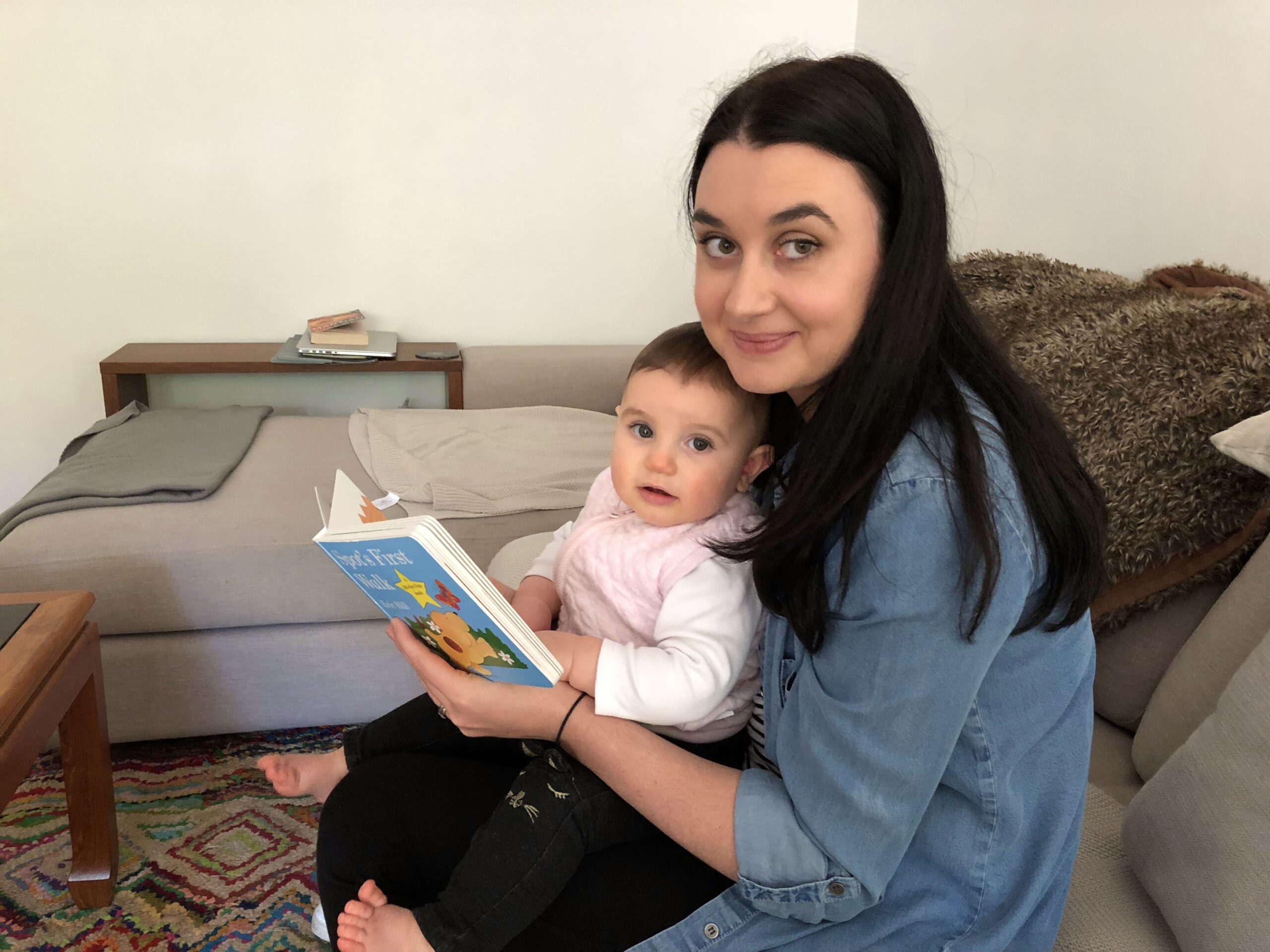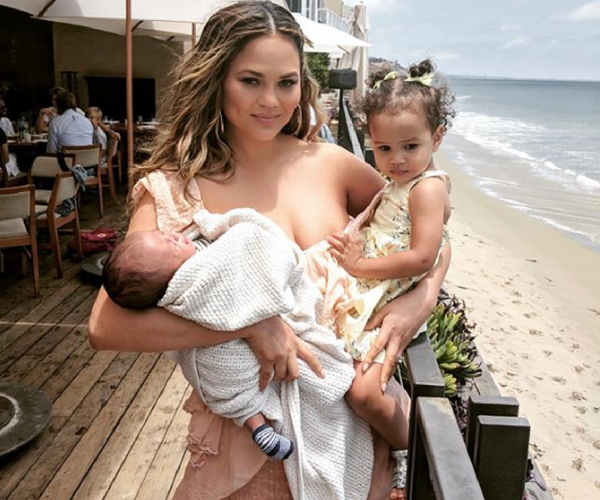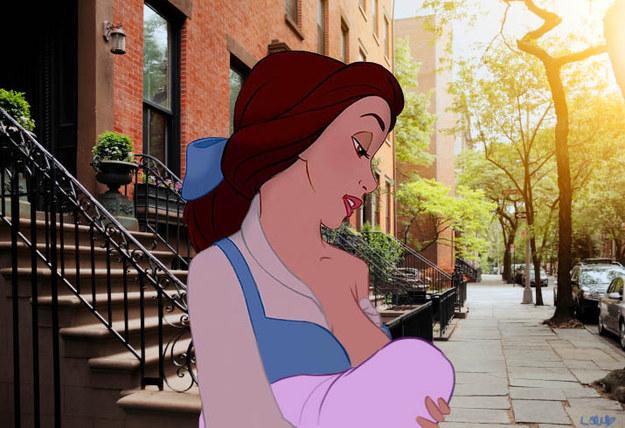Like most mums-to be, Sydneysider Alice Mouatt was under no illusions that motherhood would come challenge-free.
However, an unexpected bump in the breastfeeding road after months of smooth sailing made a huge impact on her confidence as a new mum, leaving her feeling isolated and alone.
Those breastfeeding challenges changed the whole way Alice had to life as a new mother. It was a shift she had to learn to embrace as her new daughter, Lilly, made it very clear that she was the boss of how this journey was going to play out.

Alice Mouatt and daughter Lilly. Image: Supplied
“It’s something that wasn’t easy at all to talk about”
When Lilly was born 12 months ago, Alice assumed that breastfeeding would come naturally, and initially it did.
“Lilly was a great feeder. I had no problems with supply or latch and that lasted for nearly three months,” says Alice.
“I think that time gave me a false sense of security,” she laughs.

Newborn Lilly was a great feeder for the first three months of her life, then things changed. Image: Supplied.
Alice and her new daughter Lilly fell into a happy groove. Alice was able to leave the house and became confident in feeding her new babe in public. Not too much about Alice’s way of life had to change as she went about her days with her new baby, feeding her wherever and whenever necessary with no problems.
Then, at around the three month mark baby Lilly became super aware of her surroundings.
“All of a sudden Lilly wouldn’t latch. She was always looking all around and easily distracted. She wouldn’t stay latched for nearly long enough to have a full feed, and as a result I had to feed every half an hour or so.”
The smooth sailing was over. For weeks Alice tried to persevere with her new distracted baby, feeding almost constantly and never feeling like things were going right.
Exhausted, Alice finally began to talk to family and friends about what was happening.
“It’s something that wasn’t easy at all to talk about as you often think that things are going much smoother for other mums.”
A local healthcare nurse suggested Alice find somewhere dark and quiet to feed her daughter, free from distractions.
This worked, as far as feeding, but for Alice it changed everything.
“It worked, but I kind of hated it.”
Alice was determined to breastfeed, but having to find a dark quiet place and sit alone while Lilly fed was a completely isolating experience for the new mum.
“I’d gone from being able to feed anywhere and anytime, to having to plan my entire life around finding somewhere suitable to feed my baby,” she says.
“It was a huge shift, it really changed everything about how I’d been parenting. I had to think abut where I was going and wonder if there would be somewhere there that I could feed.”
It was also a lonely time.
“I would just spend all this time sitting alone in the dark and I felt so separate from everything else going on in the world.”

Alice Mouatt and daughter Lilly. Image: Supplied
Alice is not the only one who found breastfeeding to be an isolating experience.
According to new research from Philips Avent, which polled over 1,000 Australian mothers, while the majority (88 per cent) of Aussie mums breastfeed, three in four mums (78 per cent) face challenges breastfeeding and one in two mums (65 per cent) like Alice, experience feelings of loneliness and frustration when it comes to breastfeeding.
“I felt overwhelmed because she wasn’t doing what she was supposed to be doing, and because I didn’t know how to fix it myself,” says Alice.
“It was actually an easy problem to fix, I just didn’t want to do it,”
Almost begrudgingly, Alice had to admit that the advice she was given to find a space free from distractions was working. Baby Lilly was feeding.
“I had kind of worked that out for myself anyway,” says Alice. “I had already noticed that if the television was off, or there were no other people or bright lights around, that she would feed easier. I guess having people tell me that I had to do that all the time was hard to take.”
It soon became apparent that this was going to be the only way that Lilly would feed … ever.
Alice persevered, and as time wore on her perception shifted and she actually began to love that time alone with her new daughter.
“It became a real bonding time for her and I, finding that space alone to just be together as she began to grow and, in time, I really began to love it.”
Now, one year later and Lilly has decided she no longer wants the breast.
“I wasn’t going to force it, she just decided for herself and now I’m kind of sad that it’s all over,” laughs Alice.

Lilly decided for herself she no longer wanted to breastfeed.
Commenting on the findings of the Phillips Avent reasearch, midwife, mum and Philips Avent Ambassador, Liz Wilkes, said more conversation is needed to support Aussie mums when it comes to their feeding experience – in particular breastfeeding.
“Breast is best, but we need to be realistic and realise that while breastfeeding is natural and healthy for mum and baby, it’s not always easy and it might not always feel natural for mum to begin with,” said Wilkes. “Many mums struggle with breastfeeding – addressing the pressure and challenges is the first step in truly supporting our mothers.”
“Reaching out for advice revealed that I was in very good company and put me on the right track to getting the help and advice I needed,” says Alice.

